Numbers are nothing without a story, and a story needs numbers to back it up. So says New York University finance professor Aswath Damodaran in this illuminating guide to valuing companies. He offers step-by-step instructions on figuring out how much you should pay for shares in Amazon, Uber or any other enterprise. Damodaran provides an intriguing, insightful look into combining number crunching with storytelling. While never giving investment advice, getAbstract recommends his manual to investors and managers seeking to master the use of storytelling in investing.
“Two Tribes”
From a young age, people divide into two distinct groups: One tribe focuses on numbers, the other on storytelling. Children who are adept with figures tend to study engineering, math or accounting. Pupils who struggle with math but thrive on words belong to the tribe of storytellers. They study history, literature or philosophy. As both groups enter the workforce, they belong to separate clans who can scarcely communicate with one another, let alone build mutual trust.
Investors and managers must bridge the divide between numbers and narrative. A business valuation that lacks the support of an underlying story comes across as “soulless and untrustworthy.” A story that doesn’t have numerical support might be a scam.
Consider how members of each tribe might tell the tale of Ferrari, the famed sports car maker. Numbers-oriented people would rattle off statistics about 4% annual revenue growth and 18.2% pretax operating margins. But raw statistics resonate only with other math-adept people. And even they won’t remember those figures for long.
A storyteller might describe Ferrari’s history of making lots of small distinctive, prestigious...









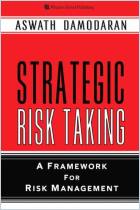
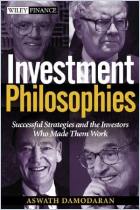
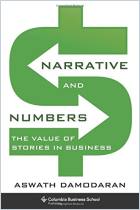
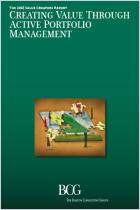
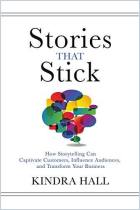
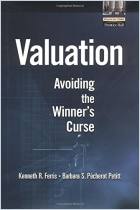
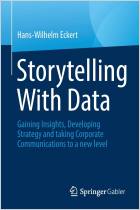
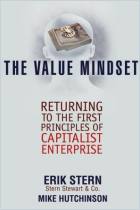









Comment on this summary or Diskussion beginnen